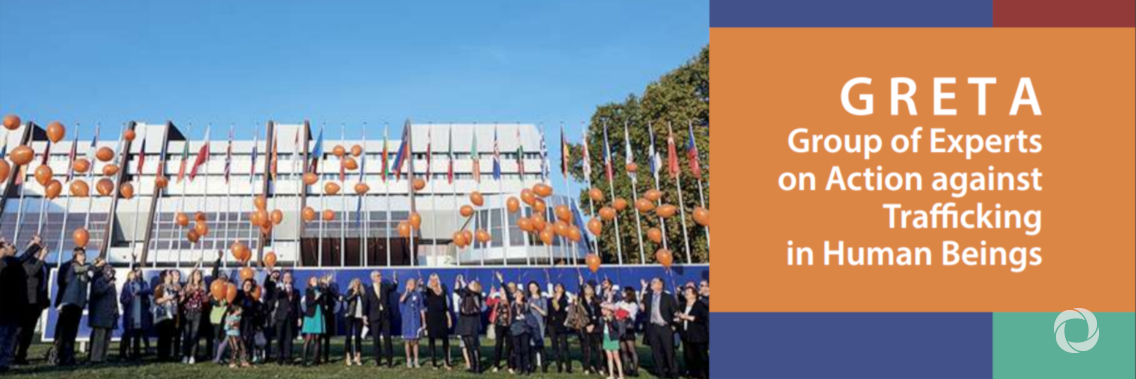The Council of Europe’s Group of Experts on Action against Trafficking in Human Beings (GRETA) has stressed the need for states across Europe to provide a wide range of assistance to victims of human trafficking.
In its latest annual report, published today, GRETA sets out a series of legal requirements included in the Council of Europe’s anti-trafficking convention, including proving victims with appropriate accommodation, medical treatment, psychological assistance, and material support as well as information on their rights, legal assistance and help with reintegration into society.
“Victims who manage to break free from their traffickers generally find themselves in a position of great insecurity and vulnerability, which increases their risk of being further exploited,” said GRETA President Davor Derenčinović.
“Countries across Europe have a legal obligation to help victims of trafficking rebuild their lives, regardless of who they are, where they come from or what has happened to them.
“Our monitoring work has identified many examples of good practice, but unfortunately there is still a lot of work to do and many people who have been subjected to these horrendous abuses are still not getting the assistance they need or that they are entitled to.”
GRETA’s 8th General Report includes a detailed summary of the expert group’s activities from 1 January to 31 December 2018.
The report gives a series of country-by-country examples of positive changes to legislation, policy and practice that the anti-trafficking convention has helped to bring about in recent years, as well as identifying areas for improvement.
Read and download the GRETA report
Original source: European Commission
Published on 28 May 2019

